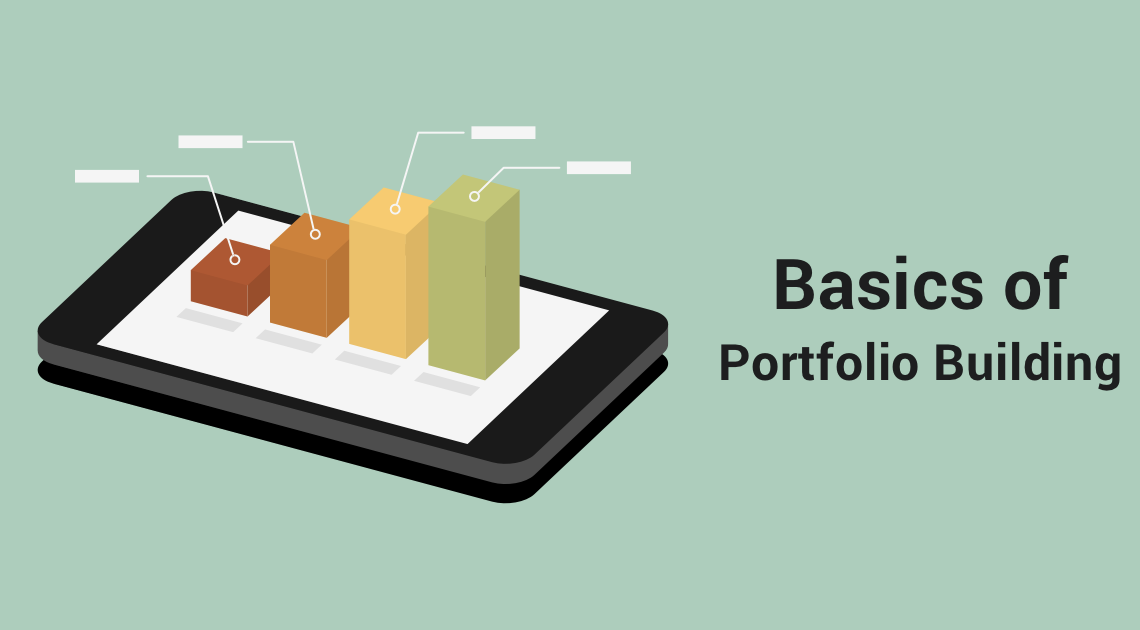
Before investing people expect three things from their investments, income, growth, and safety. There are a number of ways to invest to get one of these results, but making multiple investments in different types of securities to find the perfect balance between these three is known as building a portfolio. There are three things to keep in mind while building a portfolio.
What’s your priority?
The first step to investing is determining what you want from your investments at that particular period of your life:
Safety
Income
Growth
If you are a new investor and do not have an emergency fund, you should probably focus on making one for the sake of safety. If you have an amount saved up and are looking to invest for your retirement 30 years ahead, growth would be a priority for you. If you are about to retire you will want a source of income.
The perfect investment would provide you with all three of these, it would be a safe investment that provides you with good income and a growth rate that beats inflation. It is almost impossible to find a single investment that can provide you with all three of these things because as you seek more of any one of these parameters you will need to compromise on the other two. Therefore, it is imperative that you prioritize your financial goals in order to make the right investments.
How much time do you have?
Your portfolio is built according to the timeline you are working with. Different investments have their own optimum investment durations. On the basis of time investments can be categorized into three broad categories.
Short-term Investments: Short-term investments are for money you will require with 1 – 2 years. These investments are great for saving up for small expenses such as a holiday or a car. Using safe investments like Fixed Deposits, for the short-term would be considered prudent
Medium-term Investments: Mid-term investments are usually held between 3 – 9 years. Investing in a balanced fund for mid-term goals is a good idea as they can provide you with a good level of stability and high returns.
Long-term Investments: Long-term Investments are usually held for 10 years or more, for expenses like children’s education, retirement, marriage, etc. An indexed fund will be a prudent investment for long-term goals.


 Make small investments for bigger returns.
Make small investments for bigger returns.

